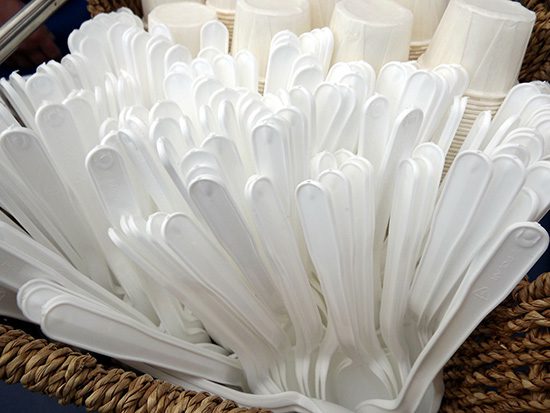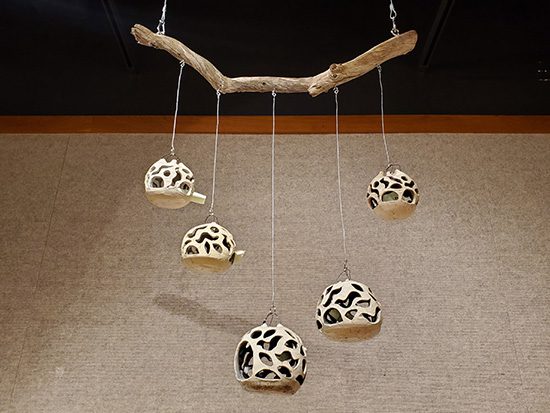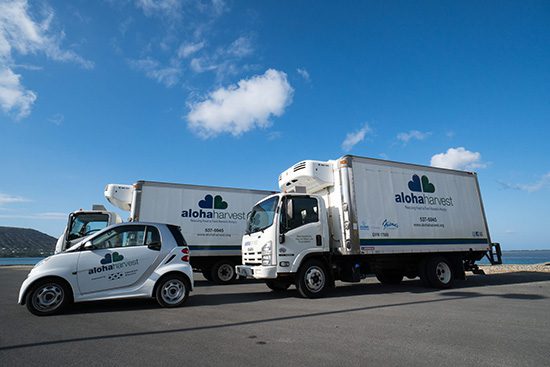
by Sean Slate, Special to Ka‘Ohana
On March 22, a shelter-in-place, work-in-place order for the island of O‘ahu was signed by Mayor Kirk Caldwell to slow the spread of COVID-19. The policy was set to expire on April 30. However on April 23, the mayor announced he would extend the order through May 31. Those caught violating the emergency order may be fined and/or imprisoned for up to one year.
The new policy and social distancing procedures have disturbed everyday activities such as work, socializing and exercise. Some people have been laid off. Classes throughout the University of Hawai‘i system are distance learning. Face-to-face social interaction is more infrequent. All of these changes can impact one’s mental health.
“Students are being asked to transition to online classes, and the stress of adjusting to a new routine is difficult,” said WCC mental health counselor Desrae Kahale. “Many students could be grieving the loss of being on campus, seeing friends, performing arts, and having various social activities that they may have been working toward … anxiety and depression are common as a result of these difficulties.”
WCC student Kyle Suzuki said, “I used to have to walk around a lot when things weren’t shut down. Now, I am mostly sedentary in my house … It’s kind of weird because I’m so used to being busy that now, since everything’s closed, I feel a little uneasy.”
As people spend more time indoors, keeping active mentally and physically can be challenging but is still possible.
In a 2016 study on leisure activities and mental health by psychologists at Brandeis University and published in the Journal of Epidemiology & Community Health, a stronger sense of time structure was shown to be the single most important factor in improving depressive symptoms among the unemployed–people who, like the residents of O‘ahu now, may find themselves with ample free time.
Therefore, following a schedule and performing activities that engage the mind can help ease the negative effects–like too little/too much sleep, altered sleeping schedules and over/under eating–associated with spending time indoors. Exercises such as pushups, squats, crunches and shadowboxing can all be performed in a confined space with little to no equipment. Gardening can be done with a small amount of space as long as the plants have sunlight and water.
Kahale also suggests other activities that can mitigate stress such as yoga, reading non-school related material, listening to music you enjoy, meditation, taking a walk, art, performing breathing exercises, journaling, creating a routine and carving out a study space if possible. In the course of your studies, if you find yourself overwhelmed, she suggests taking scheduled study breaks.
“A good example is to take 20-30 minute breaks for every two hours of study, or 10 minutes for every hour,” Kahale said.
In addition, she also suggests maintaining social connections to friends via text, phone calls or face-to-face (making sure to practice appropriate physical distancing measures).
“It is important to give your brain some positive interaction to lift your mood and maintain your motivation to succeed,” she said.
Below are resources available to students who are experiencing difficulties or stress due to COVID-19’s impact. WCC mental health counselor Desrae Kahale can also be reached by phone at (808) 235-7393 or by email at dkahale3@hawaii.edu.
- Department of Health’s 24-hour ACCESS Crisis Line: (808) 832-3100
- National Suicide Prevention Lifeline, available 24/7: Text “START” to 741-741 or call 1-800-273-TALK (8255).
- WCC academic counselors: Call their office line at (808) 235-7413 or go to https://www.wcc.hawaii.edu/Counseling_Advising/.
- TRiO, for tutoring and academic support: (808) 235-7487
- WCC food pantry: Due to COVID-19, the walk-in process is now scheduled by appointment. Email sacwcc@hawaii.edu or call (808) 235-7395 for more information.
- HINET, for assistance with nutrition and transportation needs: http://windwardcce.org/hinet.htm





